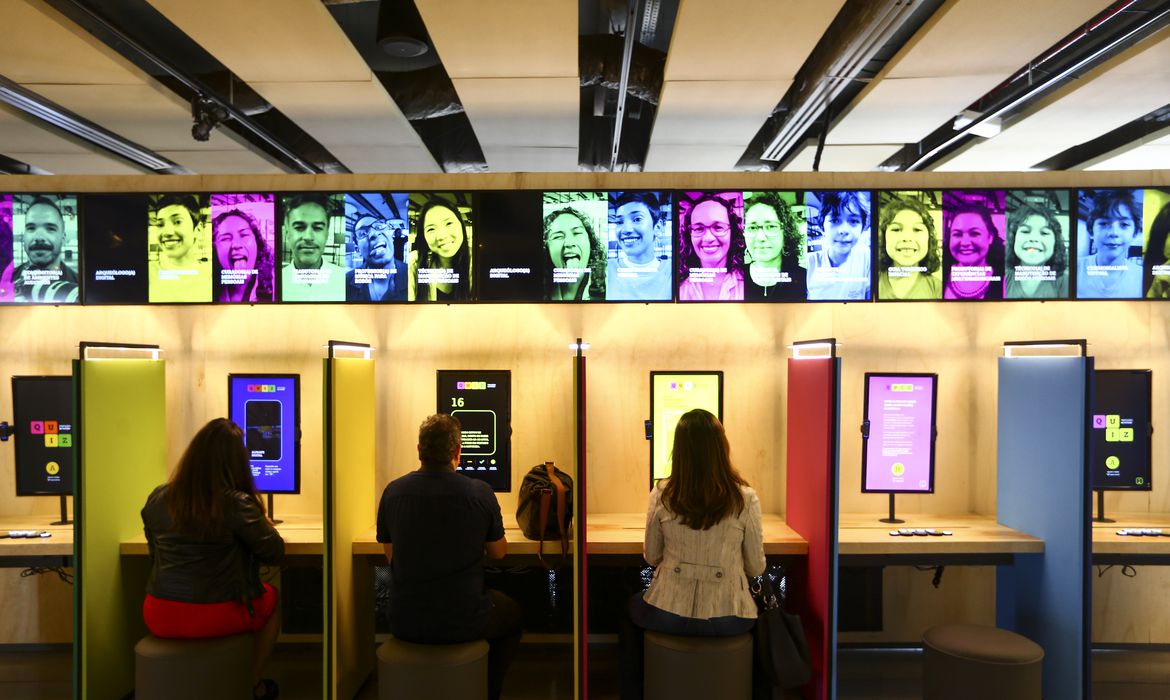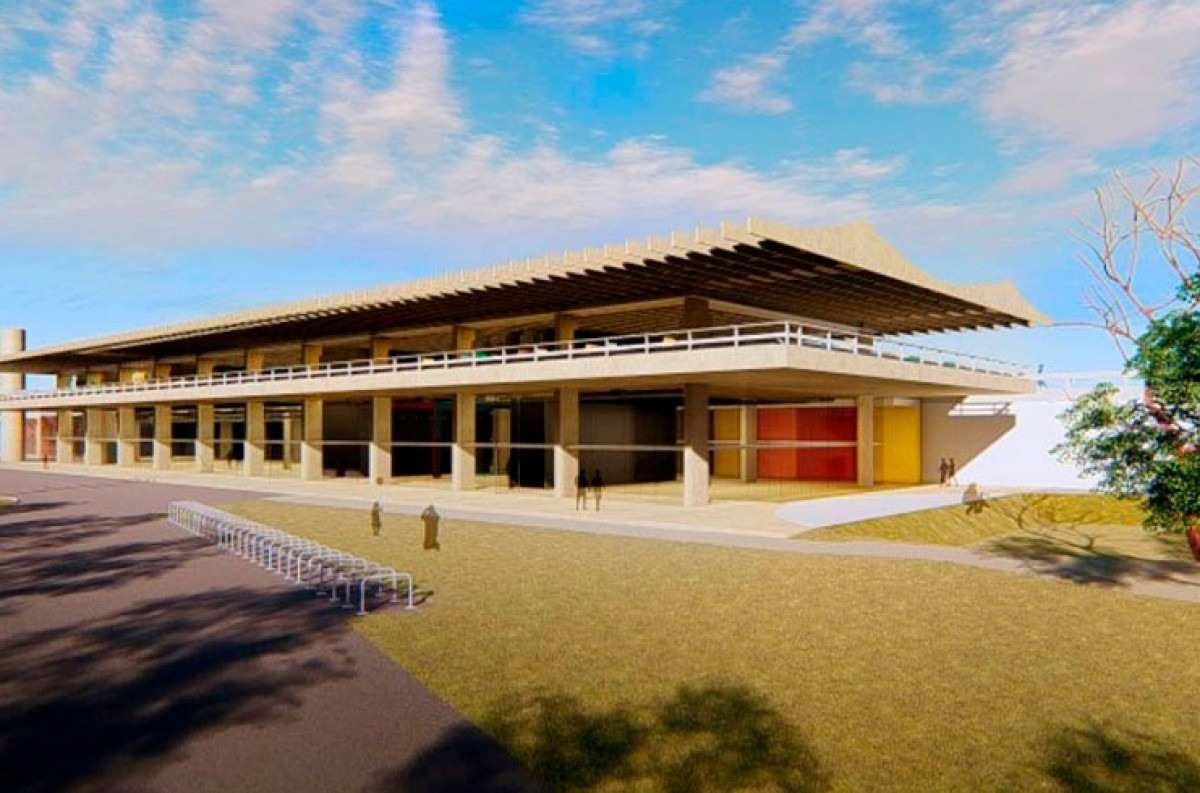Brasília will have a new museum starting on the 30th. The space will have a differentiated proposal for uniting art, science and technology, connected to a fully interactive environment. The idea, according to the organizers, is “to share knowledge in a playful way, playing at learning within a true knowledge factory.”
The expectation is that the museum – an initiative of the Social Service for Industry (Sesi) and the National Service for Industrial Learning (Senai) – annually receives around 350,000 visitors, in addition to 85,000 students and 3,000 professors who will be able to participate in training courses, visit the four exhibition galleries and participate in workshops, courses, cultural activities and film sessions.
Sesi Lab will operate in the central area of Brasília, in the former Touring Club Building, located near the Plano Piloto bus station. “Per year, there will be about 300 maker and biomaker workshops [learning spaces that have students as protagonists], 120 cultural actions and ten editions of night sessions aimed especially at the public over 18 years old,” as informed by the National Confederation of Industry (CNI).

Designed by architect Oscar Niemeyer at the time Brasilia was built, the building has a constructed area of almost 8,000 m2, where there will be exhibition, creative and maker spaces, interdisciplinary rooms, an LED panel measuring 84 m2, a café and a concept store.
SUSTAINABILITY ACTIONS
There is also a green area of 33,000 m2, with native species from the Cerrado biome, interactive installations and an external amphitheater for concerts, events and other cultural activities. According to the organizers, sustainability actions are planned around the building, with programs on waste management, efficient use of water, energy and materials and educational actions on the principles of the 2030 Agenda, of the United Nations (UN).
The Biomaker Space, unique in Brazil, will offer activities with different levels of complexity, democratizing access to technologies and active methodologies for creative learning, focusing on chemistry and biology topics.
“In one of the galleries there is, for example, an installation made with colonies of bacteria, the Bacteriopolis – which contains an ecosystem with different types of bacteria that grow in balance”, detailed the CNI, referring to the space assembled with mud from Lake Paranoá and organic compounds from the Cerrado. “At each visit, the visitor will find a different canvas based on the organic transformations of the living terrarium,” he added.
Sesi Lab starts operating on November 30th, extraordinarily from 9 am to 10 pm with musical programming, DJs, storytelling, maker workshops and artistic performances for audiences of all ages. From Tuesday to Friday, it will be open from 9 am to 6 pm; Saturday, Sunday and holidays, from 10 am to 7 pm.

TICKETS
Admission will be free in the first month of opening (December). As of January, the entire entry will be R$20 (R$10 for students, teachers and seniors), but once a month a free entry day will be chosen for all audiences.
To find out about the schedule and purchase tickets, just access the Sesi Lab website.
The museum is free for children up to 10 years old; disabled people; teachers and students from the Sesi and Senai network and from the public network; industry workers and contributors to the Industry System; students from public schools, upon prior appointment by the school; audiences in situations of social vulnerability, with scheduling by appointment social institutions; and associate members of the International Council of Museums (Icom).
With information from Agência Brasil

